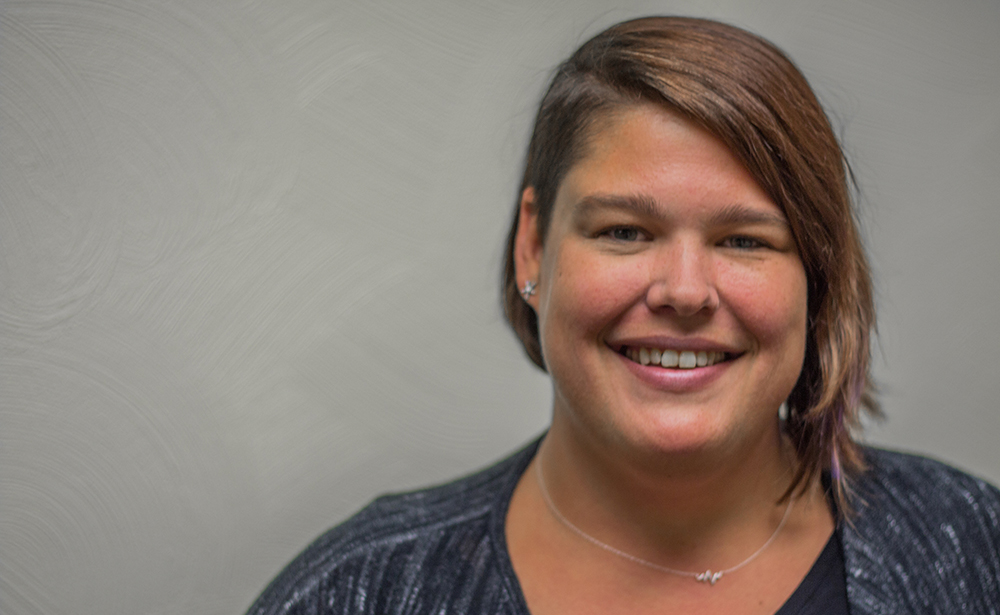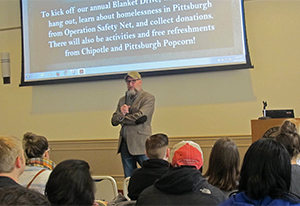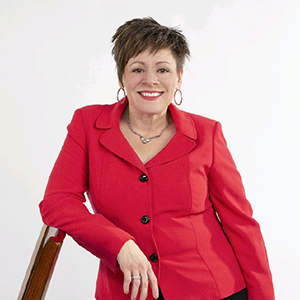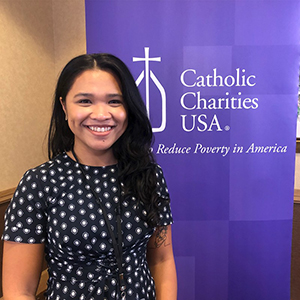The Study of Human Behavior: Assistant Professor Sarah Schulz, Ph.D., Highlights the Versatile Career Field of Behavioral Sciences Monday, June 15, 2020

Assistant Professor Sarah Schulz, Ph.D.
"Our major prepares students for careers in nonprofit organizations, governmental institutions, non-governmental organizations and policy/advocacy organizations. Additionally, the program offers a multidisciplinary perspective of the processes that produce injustice in our world and more broadly investigates strategies for how to achieve social justice."
Tell us about the key features and classes offered in this major.
Our behavioral sciences major, which is housed in the Department of Psychology, is an interdisciplinary degree program for students with interests in the human and social sciences who wish to explore careers in the helping professions upon graduation.
 Through courses such as Abnormal Psychology and other upper-level psychology courses like Community and Social Psychology, Abusive Behavior and Counseling Theories and Practices, students gain a strong foundational understanding of mental health and well-being from a humanistic psychology perspective.
Through courses such as Abnormal Psychology and other upper-level psychology courses like Community and Social Psychology, Abusive Behavior and Counseling Theories and Practices, students gain a strong foundational understanding of mental health and well-being from a humanistic psychology perspective.
Our required courses such as Introduction to Social Work, Social Welfare Policy and Social Issues provide students with a broad understanding of social welfare problems and policies in a social context and an introduction to social work practice with individuals and communities experiencing a wide range of challenges.
In our Research Methods and Senior Thesis Capstone courses, students have the unique opportunity to plan and carry out a community-engaged independent research project on the topic of their choice. Also, our degree program offers the flexibility for students to select additional courses in areas of their choosing including social justice studies, community engagement, gender studies, global cultural studies or sociology.
Overall, these academic experiences aim to prepare students upon graduation for understanding the psychological, social and cultural contributions to working with diverse clients and communities.
What are the various internship and career opportunities for Point Park behavioral sciences majors?
In terms of internships, students have the opportunity to complete a practicum for course credit, which fulfills one of their upper-level course requirements. In this semester-long placement, students work in the field with an organization of their choice to gain real-world experience working with individuals, families and communities.
Our students may also seek placement opportunities working with homelessness outreach organizations (Operation Safety Net, Point Park’s Mobile Thriving Respite), teen outreach community programs (Brookline Teen Outreach), domestic violence survivors (Women’s Center and Shelter of Pittsburgh), Child Welfare (Allegheny County Office of Children, Youth and Families), mental health advocacy organizations (Inside Our Minds) and others based on the students' interests.
Point Park behavioral sciences graduates have the opportunity to seek employment in a variety of direct practice social work settings including health and mental health clinics, child welfare agencies, homeless shelters, hospitals, substance abuse treatment facilities and criminal justice settings.
Our major prepares students for careers in nonprofit organizations, governmental institutions, non-governmental organizations and policy/advocacy organizations. Additionally, the program offers a multidisciplinary perspective of the processes that produce injustice in our world and more broadly investigates strategies for how to achieve social justice.
How does Point Park University make students career-ready in behavioral sciences?
Our program prepares entry-level practice work within the community health and social services delivery system while simultaneously providing the tools for how to address systemic barriers and incorporate social justice practices into organizations, institutions and communities.
Students in our behavioral sciences major may also pursue further graduate studies in social work, community psychology, community engagement or related fields. With over 3,000 nonprofit organizations in the Pittsburgh region, this versatile career field allows graduates to seek employment working with an organization or community they are passionate about.
What makes behavioral sciences a resilient career field, even during challenging times like the current COVID-19 pandemic?
The social services sector is one of the top sectors for employment nationwide and nonprofit employment makes up almost 25% of total employment in the City of Pittsburgh.
While COVID-19 is changing the health and economic circumstances for millions of Americans, individuals and families are turning to nonprofit and government organizations for help during this challenging time. Perhaps more now than ever, nonprofit workers are crucial in providing help with rent, food, utility assistance and mental health support. Particularly as we navigate the aftermath of the COVID-19 crisis, nonprofit workers will continue to provide critical services to address gaps in health care, education and employment among the most vulnerable populations.
Further, we are also in a time of great political and social unrest, with widespread protests in response to racial injustice, policy brutality and other inequities. Our behavioral sciences majors will be well-equipped to contribute to the national conversation and to help advocate for structural and policy changes needed to eradicate these injustices.




